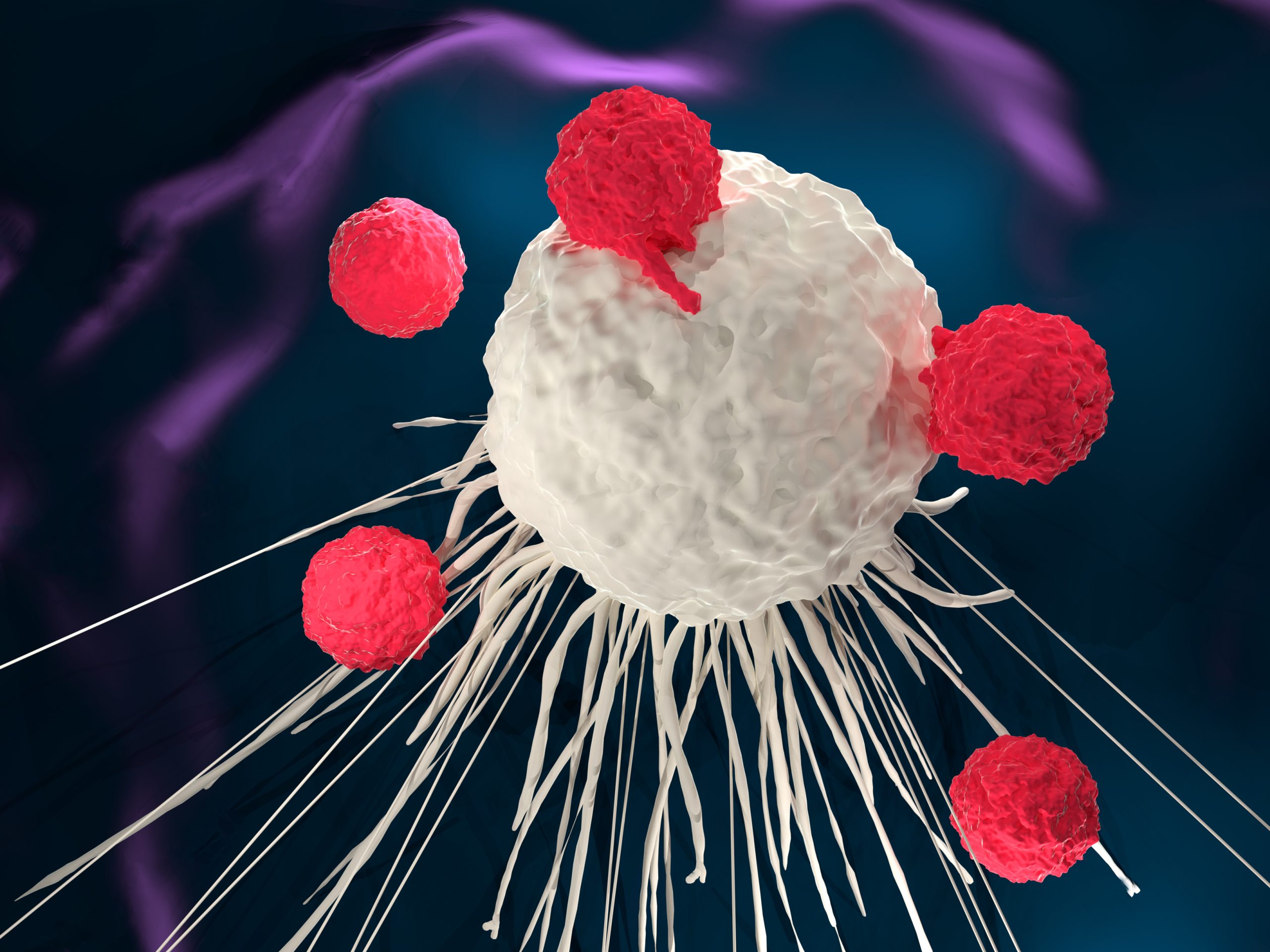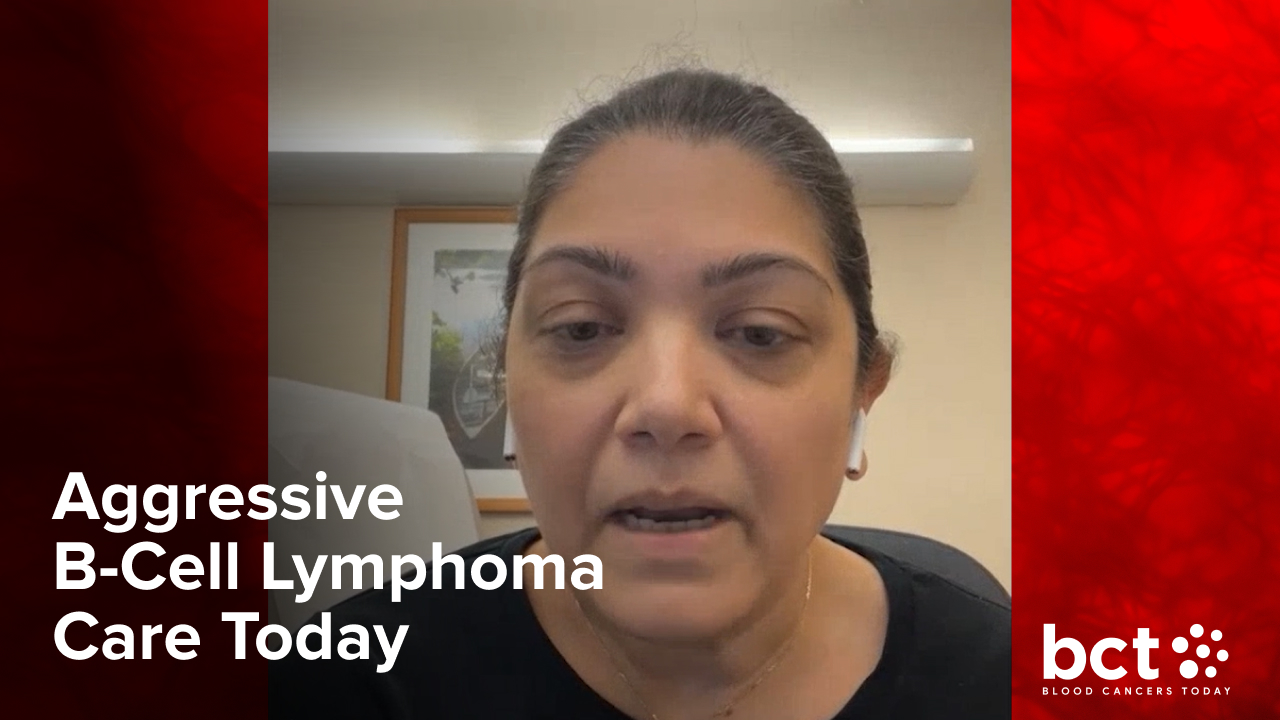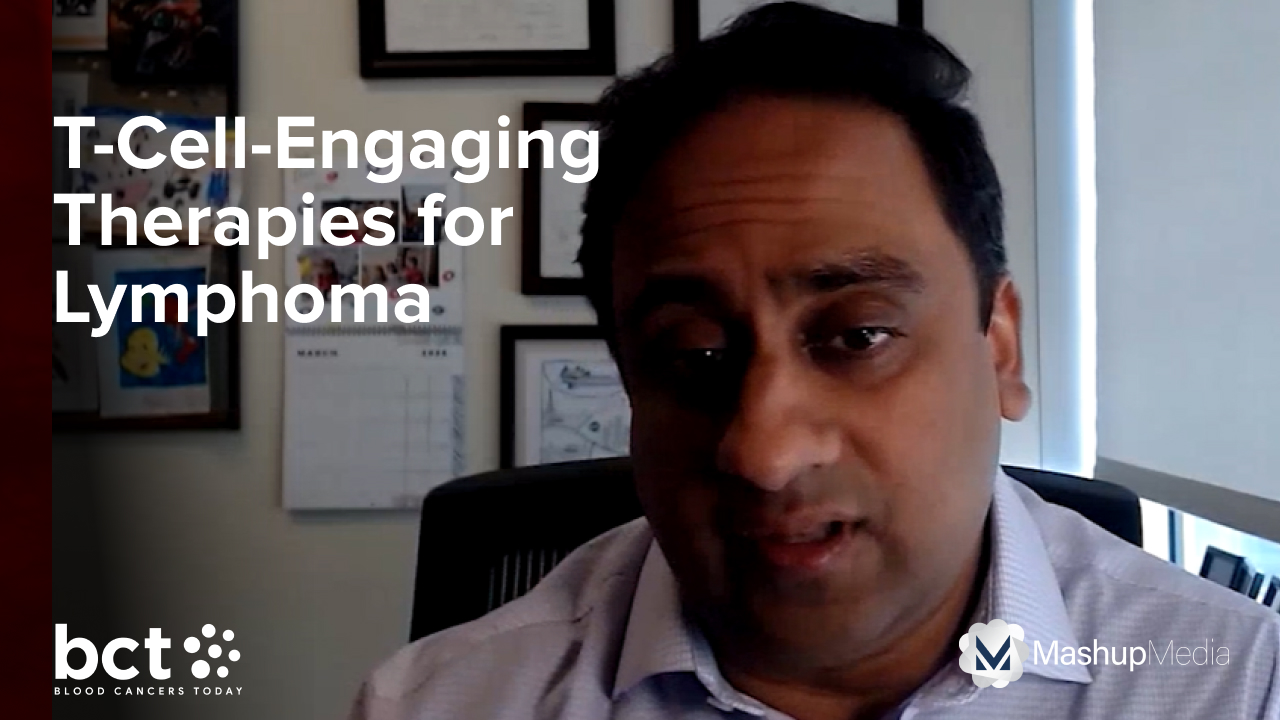
In patients with relapsed large B-cell lymphoma (LBCL) who achieve a complete remission (CR), treatment with autologous hematopoietic stem cell transplantation (AHSCT) is associated with a lower relapse rate and an improved progression-free survival (PFS) compared with chimeric antigen receptor (CAR) T-cell therapy, including in patients with early treatment failure (within 12 months), according to a study led by Mazyar Shadman, MD, MPH, of the Fred Hutchinson Cancer Center in Seattle.
The results were presented as an abstract at the 65th American Society of Hematology Annual Meeting & Exposition in San Diego, California.
The study, based on data from the Center for International Blood & Marrow Transplant Research, compared the outcomes of 360 patients with LBCL who received CAR-T (between 2018 and 2021) versus AHSCT (between 2015 and 2021) while in a CR by positron emission tomography or computed tomography scan. The median follow-up was 24.7 months (range, 3.3-49.4) for the CAR-T cohort and 49.7 months (range, 3.0-95.4) for the AHSCT cohort.
In univariate analysis, treatment with CAR-T was associated with a higher rate of relapse at two years (48% vs 27.8%; P<.001), a lower rate of two-year PFS (47.8% vs 66.2%; P<.001), and lower two-year overall survival (65.6% vs 78.9%; P=.037). Similarly, focusing on patients with early (12 months) treatment failure, treatment with CAR-T was associated with a higher two-year relapse rate (45.9% vs 22.8%; P<.001) and an inferior two-year PFS (48.3% vs 70.9%; P<.001) compared to AHSCT.
“The data support utilization of [autologous transplant] in patients with relapsed LBCL achieving a CR,” the authors concluded.
Reference
Shadman S, Ahn KW, Kaur M, et al. Autologous transplant (auto-HCT) is associated with improved clinical outcomes compared to CAR-T therapy in patients with large B-cell lymphoma (LBCL) achieving a complete remission. Abstract #781. Presented at the 65th ASH Annual Meeting & Exposition; December 9-12, 2023; San Diego, California.






 © 2025 Mashup Media, LLC, a Formedics Property. All Rights Reserved.
© 2025 Mashup Media, LLC, a Formedics Property. All Rights Reserved.